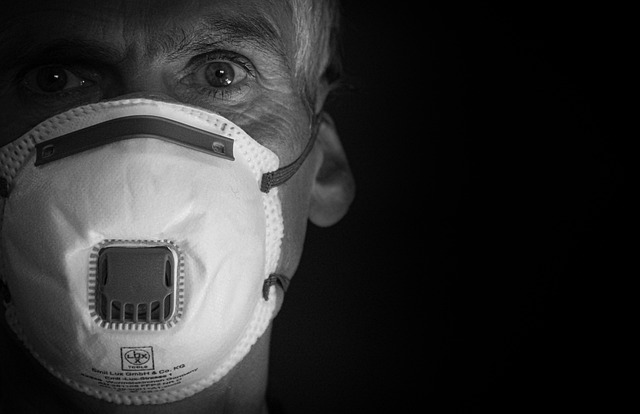The Heartland Behavioral Health lawsuits highlight the importance of accountability in the mental health industry by giving patients a voice and ensuring institutions are held responsible for their actions. These legal cases act as catalysts for change, prompting facilities to adopt better practices, improve patient safety protocols, and enhance internal controls to prevent future harm. The lawsuit has far-reaching effects, encouraging a culture of transparency, continuous improvement, and ethical service delivery within behavioral health organizations. Proactive strategies such as robust internal controls, staff training, and open communication can help preempt legal issues similar to the Heartland Behavioral Health lawsuit.
“Uncovering the power of accountability through Heartland Behavioral Health lawsuits, this article delves into the impact of these legal actions on the mental health industry. By examining case studies, we explore how these lawsuits act as a form of oversight, shedding light on potential shortcomings within organizations.
We’ll analyze the implications for the sector, offering insights into areas of improvement and best practices to enhance transparency. Furthermore, practical steps will be presented to help institutions avoid legal scrutiny, emphasizing the importance of proactive measures in maintaining ethical standards.”
- Understanding Heartland Behavioral Health Lawsuits: A Glimpse into Accountability Mechanisms
- The Impact and Implications of These Lawsuits on the Industry
- Preventive Measures: How Organizations Can Enhance Transparency and Avoid Legal Scrutiny
Understanding Heartland Behavioral Health Lawsuits: A Glimpse into Accountability Mechanisms

Heartland Behavioral Health lawsuits offer a unique perspective on accountability within the healthcare industry, particularly in mental health services. These legal proceedings are often initiated by individuals who have faced adverse outcomes or mistreatment while under the care of Heartland Behavioral Health facilities. Such lawsuits serve as powerful tools to bring attention to potential shortcomings and encourage facilities to uphold higher standards of patient care.
By examining these cases, we gain insights into the mechanisms that ensure accountability. It involves a process where patients’ voices are amplified, holding institutions responsible for their actions. These lawsuits not only provide compensation for victims but also serve as deterrents, encouraging facilities to implement better practices and policies to prevent future harm.
The Impact and Implications of These Lawsuits on the Industry

The Heartland Behavioral Health lawsuit has far-reaching implications for the industry, serving as a wake-up call to facilities across the board. This legal action highlights the importance of accountability and transparency in the treatment of vulnerable populations, such as those struggling with mental health issues or addiction. The exposure of alleged mistreatment and inadequate care within these facilities prompts a critical re-evaluation of current practices and policies.
Industry-wide, the Heartland Behavioral Health lawsuit encourages a culture of continuous improvement and oversight. Providers are now more motivated than ever to enhance their internal controls, improve patient safety protocols, and ensure staff training on ethical practices. As a result, facilities are investing in robust quality assurance measures, aiming to prevent similar instances of abuse or neglect from occurring again. This shift towards greater accountability can ultimately lead to better outcomes for patients and stronger, more responsible service delivery within the behavioral health sector.
Preventive Measures: How Organizations Can Enhance Transparency and Avoid Legal Scrutiny

To avoid the legal scrutiny and financial strain of a Heartland Behavioral Health lawsuit, organizations can implement several proactive measures to enhance transparency and accountability. Firstly, establishing robust internal controls and procedures ensures that all financial transactions, patient records, and organizational decisions are meticulously documented and traceable. This transparency allows for easy verification and audit trails, deterring potential misconduct.
Implementing regular training sessions for staff on ethical practices, compliance regulations, and reporting mechanisms is another effective strategy. Educated employees are better equipped to recognize and report suspicious activities, fostering a culture of integrity. Additionally, open lines of communication with stakeholders—including patients, families, and regulatory bodies—can help identify issues early on, preventing them from escalating into legal matters like the Heartland Behavioral Health lawsuit.
Heartland Behavioral Health lawsuits have shed light on critical accountability mechanisms within the industry, highlighting the importance of transparency and ethical practices. These legal actions not only serve as a deterrent but also drive necessary changes to improve patient care and organizational governance. By learning from past cases and implementing preventive measures, organizations can enhance their transparency, mitigate risks, and avoid future legal scrutiny associated with Heartland Behavioral Health lawsuits.
